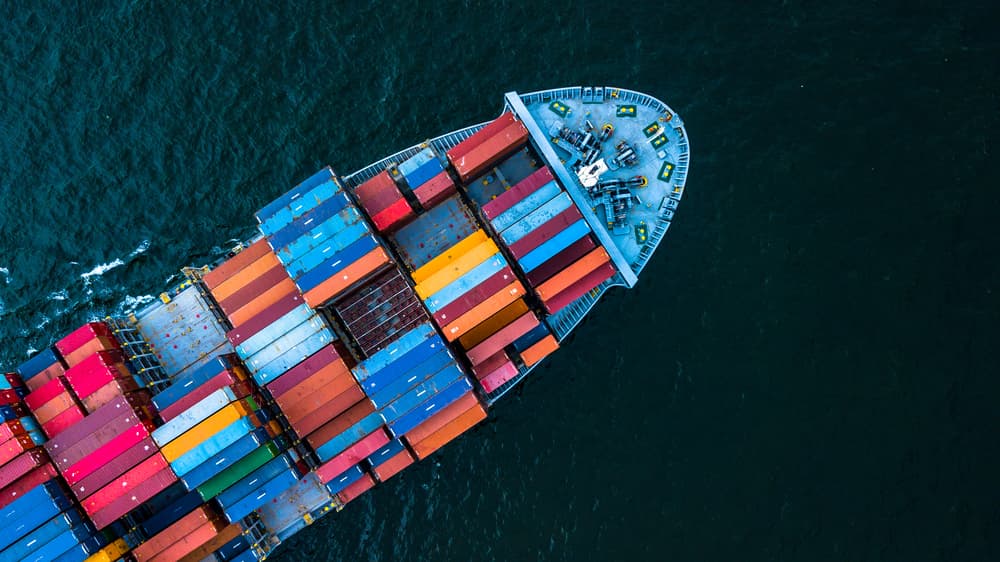
It’s not news to most entrepreneurs that the U.S. Government imposes regulations on the release of technology and equipment developed within the United States. What many don’t fully understand is the broad reach of those regulations. If you are in any way involved in the development or manufacture of technology-driven products—regardless of where you market or sell those products—you should be aware of six key issues related to export control regulations:
1. Export control regulations may apply to your product even if you believe they don’t.
It’s widely assumed that export control regulations only apply to highly secure exports such as military technology. While the U.S. Department of Defense (DOD) regulates the release of defense technology, it is not the only government agency tasked with imposing export control regulations. Your product might be considered a “dual-use” technology, meaning it could have both military and civilian uses, and thus it would be regulated by the U.S. Department of Commerce’s Bureau of Industry and Security (BIS). BIS updates its regulations several times a year, meaning the list of end products regulated is constantly changing. The types of goods restricted by BIS can include commercial or civilian grade navigation equipment and software, basic software based encryption, and many basic types of microprocessors, among other items many businesses might not expect to be regulated. As a result, some BIS regulations might apply to your product without you being aware of it.
2. Export control regulations may apply to goods even if you manufacture them outside of the U.S.
A common, and potentially troublesome, misperception is that if you manufacture your product overseas and don’t export it, export control regulations don’t apply. In fact, BIS also regulates the “know-how” to manufacture goods under the broad category of “technology for the development of” controlled goods. Therefore, if you develop an idea for a product in the U.S., that “know-how” is subject to BIS regulation regardless of where the product ultimately is manufactured.
3. Export control regulations may still apply to goods you lawfully export that are then re-exported to another country.
You might think that once you’ve lawfully exported your product to a country in accordance with the applicable regulations, no further regulatory risks apply. That is not necessarily the case. For example, if you lawfully export your products to a customer in a friendly country, you could still be liable if your product later ends up in an unfriendly country. BIS regulations are enforced with an absolute liability standard, with regulators looking not just at what you knew at the time of the transaction, but also what you could or should have known. You need to consider not just where you are originally shipping your product but where it might later be shipped.
4. Export control restrictions may apply to you if you employ a foreign national in the US on a Visa.
Many businesses believe that if they exclusively market and sell their products within the U.S., BIS regulations don’t apply. Because you are regulated for your “know-how,” however, you could still be subject to regulations even in this scenario. BIS also regulates “deemed exports,” essentially a hypothetical export that involves a foreign national (a non-US citizen, or non-green card holder) accessing controlled goods or know-how while physically within the U.S. So if you employ a foreign national in the U.S., and that foreign national has access to controlled goods or know-how, those goods or know-how are deemed to have been exported to the home country of the foreign national and are thus subject to BIS regulation.
5. You might face significant monetary penalties even if your export violation is unintentional.
You’ve already seen several ways in which a developer or manufacturer could unintentionally violate BIS regulations. Such errors are commonplace enough to lead BIS to publish case summaries in its regular investigation report known as the “Don’t Let This Happen to You!” report. Examples in the report often include cases in which a unintentional violation led to penalties in excess of $100,000. For example, BIS published reports illustrate companies being hit with civil penalties in excess of $100,000 for allowing a single foreign national employee to access blueprints and part numbers of controlled goods without first obtaining a foreign license. These large penalties are imposed even when the company self-reports the violation and cooperates fully with the BIS investigation.
6. There are steps you can take to reduce the risk of a BIS investigation.
Don’t worry, here’s the good news: Taking the following steps may reduce your risk of committing an export violation as well as achieving an optimal outcome should a violation occur:
• Be aware of the potential effects of the BIS Export Control Regulations.
• Identify all associated risks.
• Put an export control plan in place that complies with the regulations.
• Create an export control team that enacts that plan.
• Ensure employees are trained on your export control plan.
• Perform regular audits to ensure the plan is followed.
In our increasingly global economy, the wise entrepreneur is the one who recognizes the need for awareness and action to ensure compliance with ever-changing export control regulations, and works with expert counsel as they seek to grow their business.
Patrick Ross, Senior Manager of Marketing & Communications
EmailP: 619.906.5740
Suzie Jayyusi, Senior Marketing Coordinator Events Planner
EmailP: 619.525.3818
Francisco Sanchez Losada, Marketing and Client Relations Manager
EmailP: 619.515.3225
Sanae Trotter, Senior Manager for Client Relations
EmailP: 650.645.9015